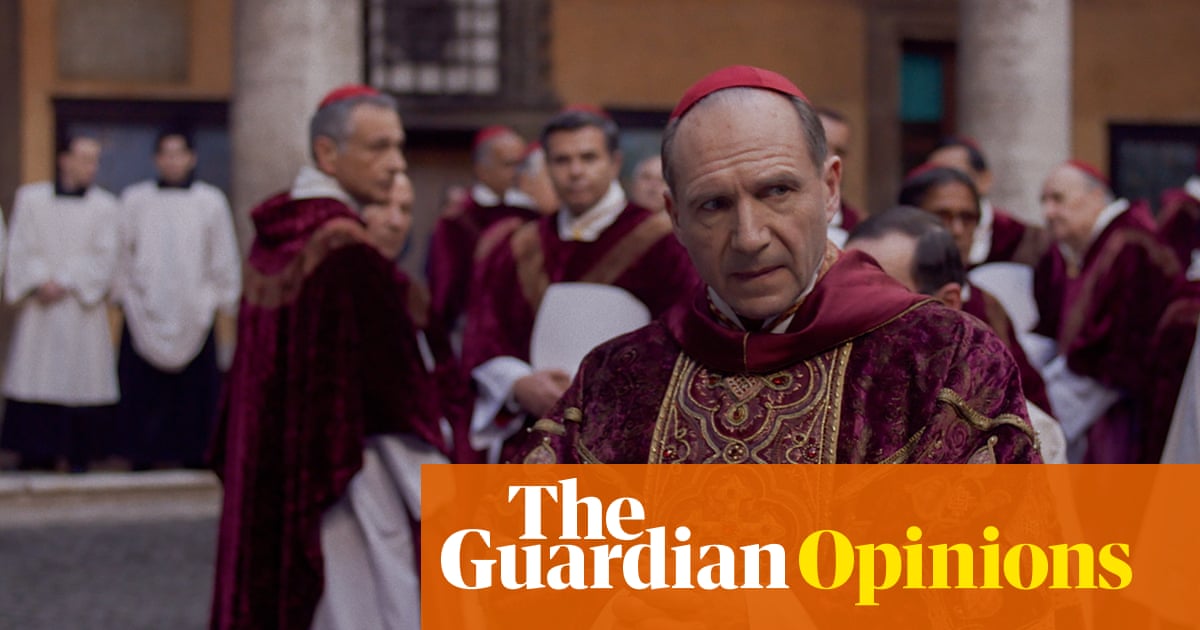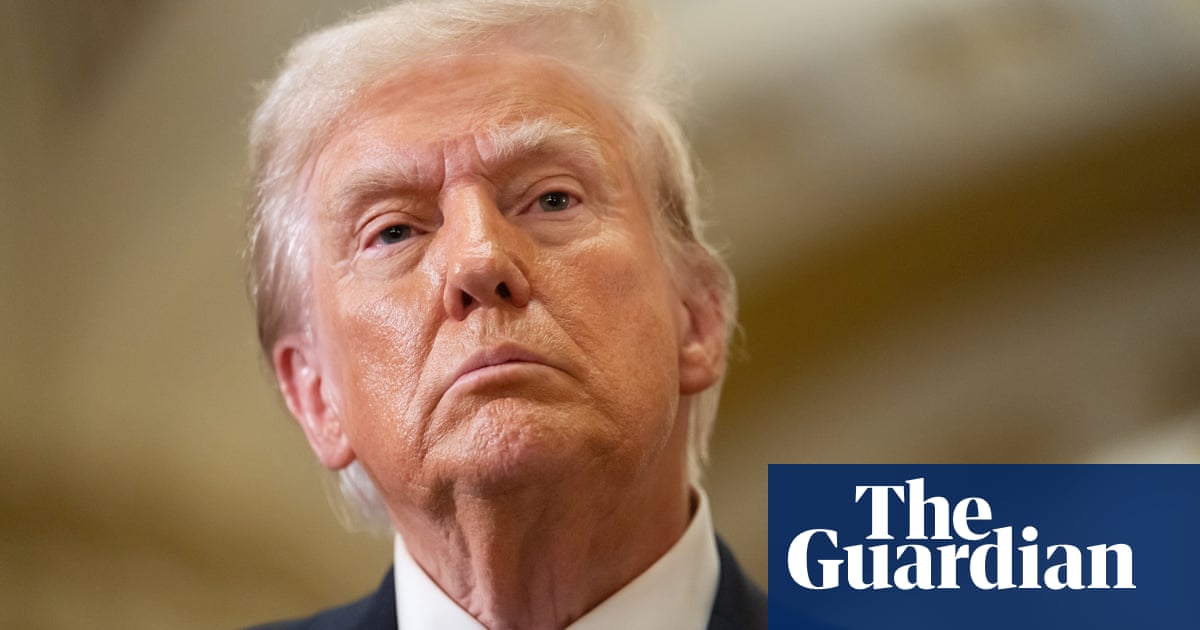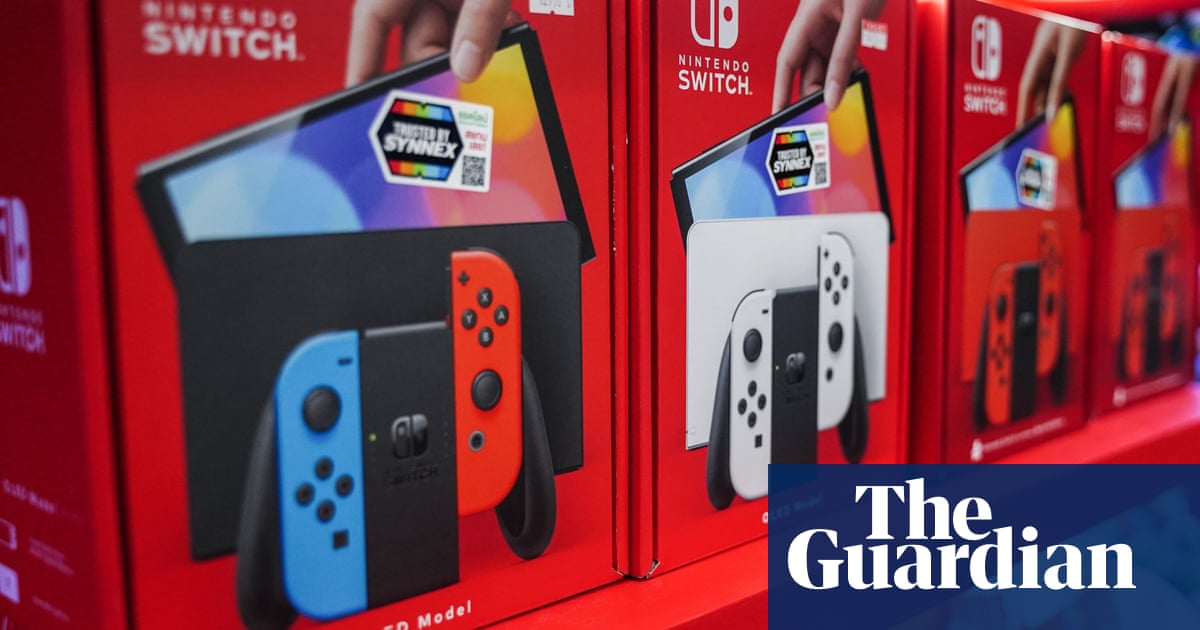The honey industry faces new demands to overhaul its supply chain after more than 90% of sampled products bought from large British retailers failed pioneering authenticity tests.
The UK branch of the Honey Authenticity Network sent 30 samples last month from Britain for a novel commercial test based on the DNA profiles of genuine honey. Five were from UK beekeepers and 25 from big retailers, including supermarkets.
The tests found that 24 out of the 25 jars of honey from retailers were considered suspicious. All five samples from UK beekeepers were considered to be genuine.
Honey importers in the UK and some experts challenge the reliability of such testing, but this is the latest batch of tests suggesting what may be widespread adulteration in the honey supply chain, with some products suspected of being bulked out with cheaper sugar syrup.
The British Honey Importers and Packers Association (BHIPA) said a “weight of evidence” assessment must be used to safeguard the supply chain. It said the “vast majority” of UK-sold honey was of very high standard.
An EU investigation published last year found 46% of imported sampled products were suspected to be fraudulent, including all 10 honey samples from the UK.
The EU is working on advanced testing techniques to detect honey fraud and has passed new legislation to provide improved labelling of country of origin on jars of honey.
Lynne Ingram, a Somerset beekeeper and the chair of the Honey Authenticity Network UK, said: “The market is being flooded by cheap, imported adulterated honey and it is undermining the business of genuine honey producers. The public are being misinformed, because they are buying what they think is genuine honey.”
The UK is one of the biggest importers of cheap Chinese honey, which is known to be targeted by fraudsters. Honey importers say supply chains and provenance are carefully audited, but there has been no consensus on how technical tests should be applied, or which are most reliable.
The Celvia research institute in Estonia, which is partly owned by the University of Tartu, developed its novel methodology for honey DNA test with support from the EU’s European Agricultural Fund for Rural Development. The DNA composition of the honey is compared against a database of more than 500 genuine honeys, with about half of these from Estonia.
Kaarel Krjutškov, director of the Celvia laboratory, said he considered the testing was robust, in the face of criticism from other experts that the honey database was not sufficiently comprehensive and that one test was not enough to establish adulteration.
The Celvia analysis examines between 10m and 20m DNA sequences in honey samples, with machine learning used to detect deviations from profiles of authentic reference honeys. “It is surprisingly easy to distinguish between the fake and authentic products,” said Krjutškov. “It is a huge gap.”

Paul Horton, a beekeeper and the owner of Apidae Honey in Lincolnshire, was among the producers whose honey was tested by the Celvia laboratory and confirmed to be genuine. He said a better testing regime was required and the UK should introduce country of origin labelling on all honey.
He also said more supermarkets should promote British honey: “We used to sell our honey in bulk to packers who would supply the supermarkets. That market has dwindled because the supermarkets aren’t stocking so much British honey”. Horton said he was concerned that shoppers would lose trust in supermarket honey. He said: “We just need to signal to them what is genuine quality British honey.”
The Celvia laboratory has also recently tested honeys collected from German stores by the European Professional Beekeepers Association (EPBA). In those tests, 25 out of 30 samples failed, and there was widespread publicity in Germany about the findings.
after newsletter promotion
Bernhard Heuvel, president of the EPBA, said: “Consumers are paying for a product that is not even close to being honey. We are sending the results to the police because this is a crime and has to be treated as a crime.”
The association has analysed the cost of some of the honey being imported into Europe, which is traded for as little as 80p a kilogram. The association does not consider it is possible for beekeepers in any country to produce honey at such low prices.
It also supports an initiative, Clean Up the Honey Market, which recently filmed undercover at an international food exhibition in Paris. Its investigators were told by foreign honey sales representatives that the lowest priced product was for the UK market, because it was less likely to be subjected to rigorous testing.
The Food Standards Agency in the UK has acknowledged that honey has become a target for adulteration, but says testing protocols are frequently contested. It is working with researchers, the honey industry, retailers and international bodies to improve authenticity testing methods.
The BHIPA said: “It is our strong belief that the vast majority of honey consumed in the UK is of a very high standard and is not fraudulent.
“We have in the past raised significant concerns over the veracity of tests being deployed as they are not independently administered and continue to be based on questionable, unverified datasets from commercial laboratories, which discriminate against honeys from certain geographies.”
It said it had considered similar previous claims, which it said had been found to be “entirely without merit”. It added it considered the previous EU study to have lacked “veracity” and that the tests deployed were not recognised for enforcement.
The BHIPA said: “We remain supportive of any tests that help eliminate the potential sale of any substandard honey in the UK market, but their methodology, scientific basis and application needs to be fit for purpose and independently validated before they can be recognised for enforcement.”
Devina Sankhla, a food policy adviser at the British Retail Consortium, said: “Our members work with suppliers to ensure the authenticity of their honey, conducting regular checks to ensure all honey they sell is as described. Retailers continue to support the development of improved techniques to detect any adulterated honey, so they can continue to ensure customers get the best products on the shelves.”

.png) 2 months ago
12
2 months ago
12













































